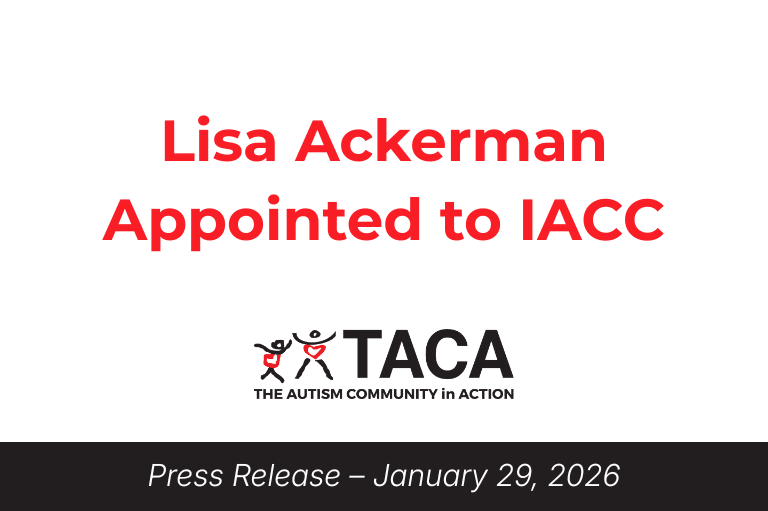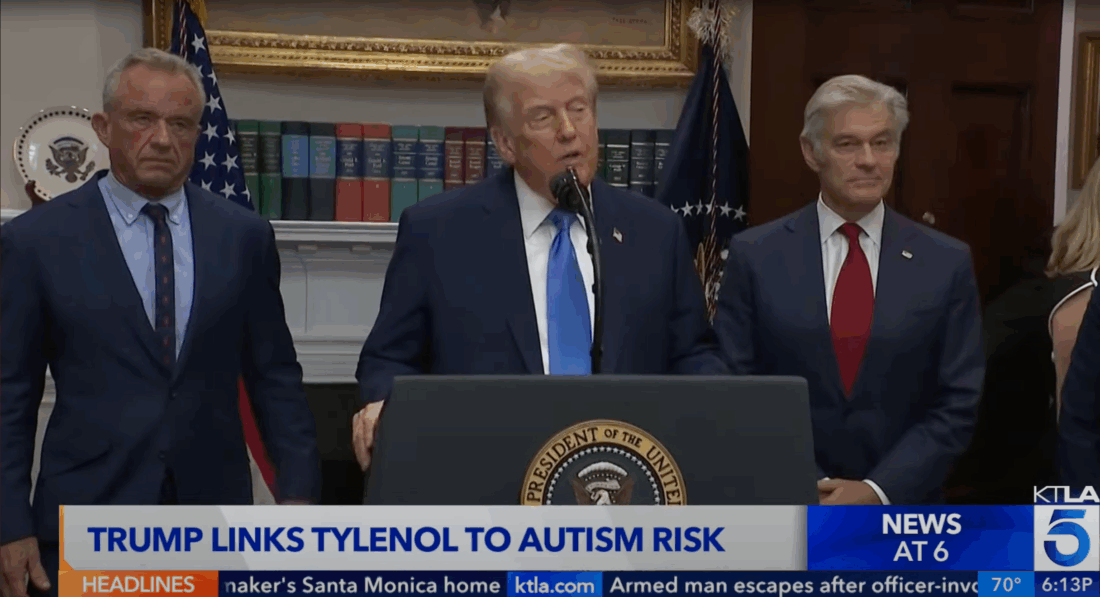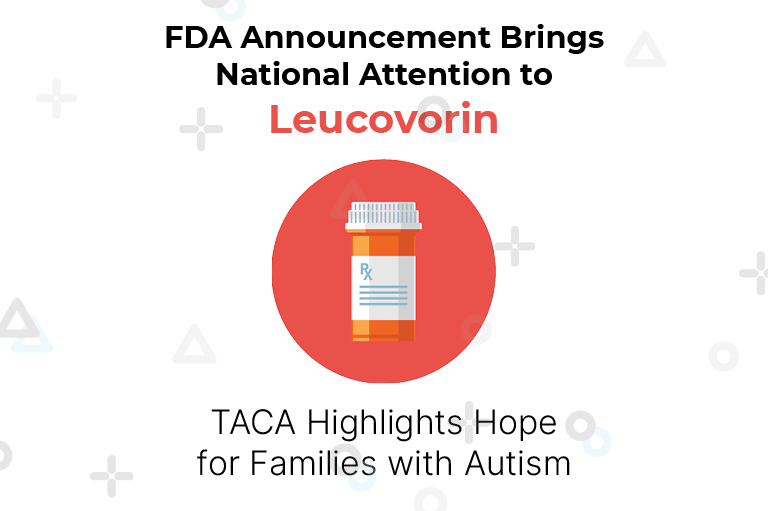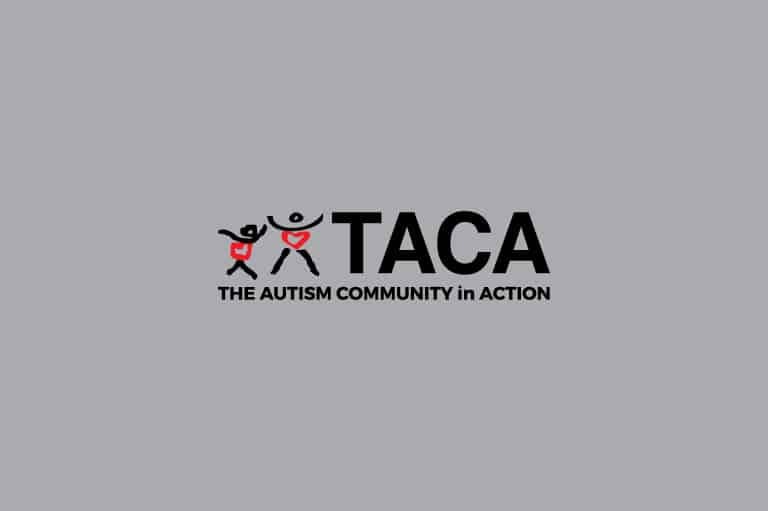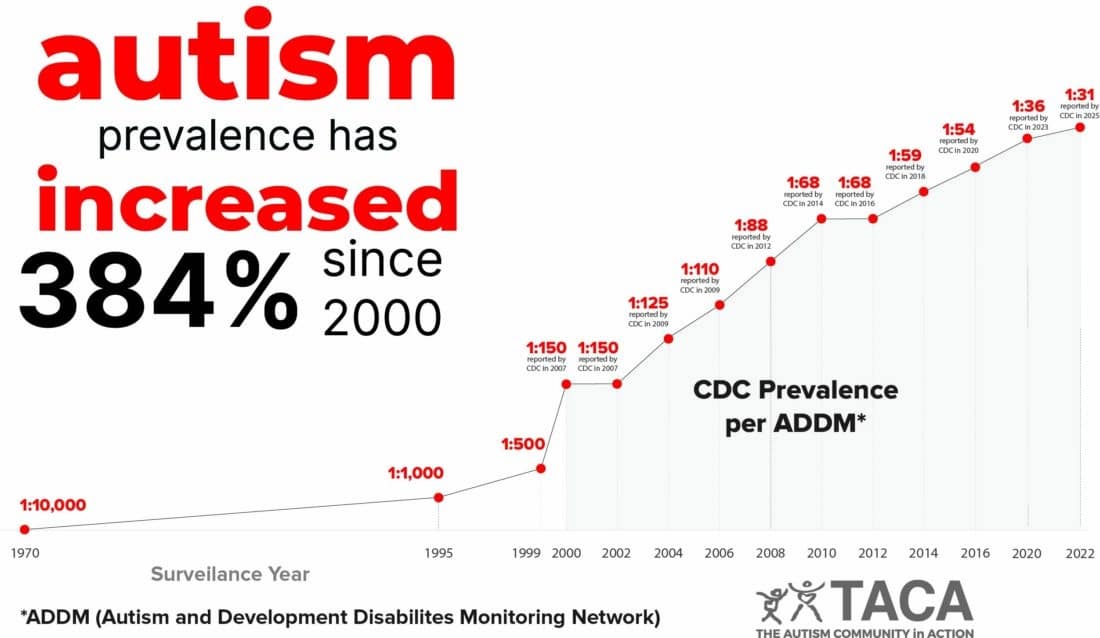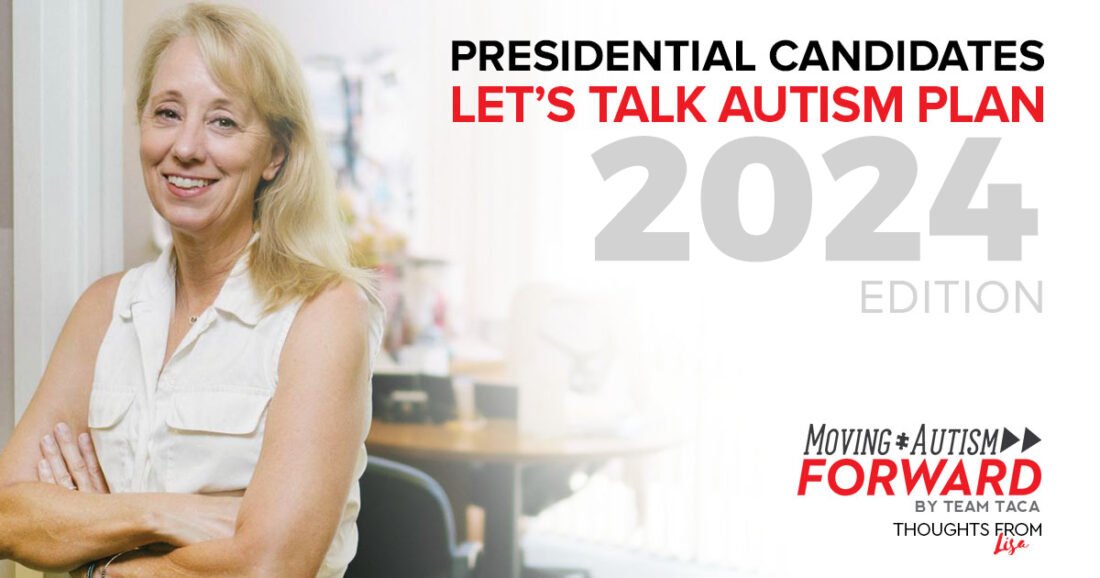I’ve been writing about the DSM-5 for over 18 months now but it’s officially published now, released into the wild, as it were. Too bad no one likes it, except those who are going to financially benefit from it.
Background, in a nutshell
The new DSM removes Asperger’s Syndrome, Childhood Disintegrative Disorder, PDD and Retts Syndrome from the umbrella of autism, leaving us with just one diagnosis: Autism Spectrum Disorder with more restrictive criteria. Studies show, however, that up to 75% of people with Asperger’s or PDD diagnoses today would not qualify under the new criteria, excluding them from services and insurance coverage. It will also effectively destroy all epidemiological data to date by changing the diagnostic criteria so drastically.
DSM5 being marginalized on several fronts
Few people in the community are happy about the changes. Even the writers of past versions of the DSM quit over the shift to pharmaceutical-based focus criteria that may cost millions of people their services and therapies.
1. Psychiatry’s New Diagnostic Manual: “Don’t Buy It. Don’t Use It. Don’t Teach It.”
That’s what psychiatrist Allen Frances, chair of the DSM-IV task force, has to say about DSM-5.
Furthermore, Dr. Frances, says, “DSM is not mandatory for most clinicians unless specifically required by their institutional settings. In fact, the ICD is the only classification system approved by HIPAA – not the DSM. As such, ICD codes meet all insurer-mandated and HIPAA coding requirements“.
2. The International Classification of Diseases (ICD) is the standard diagnostic tool for epidemiology, health management and clinical purposes. This includes the analysis of the general health situation of population groups. It is used to monitor the incidence and prevalence of diseases and other health problems. The ICD 11th Revision by the World Health Organization is due by 2015. In the ICD11 Beta Draft , the proposed revision under the subtitle of Neurodevelopmental disorders classification for the ICD-10-CM Pervasive developmental disorder, unspecified is the classification Autism spectrum disorders and related disorders with subgroups: Autism spectrum disorder; Childhood disintegrative disorder; Social reciprocity disorder [Asperger syndrome], and Rett syndrome. Therefore the IDC11 would retain subgroups in their classifications.
3. Tom Insel, Director of the National Institute of Mental Health, says, “The weakness [of the DSM-5] is its lack of validity… Patients with mental disorders deserve better.” “That is why NIMH will be re-orienting its research away from DSM categories“. This refutation is particularly powerful given that The National Institute of Mental Health (NIMH) publishes the DSM in partnership with the American Psychiatric Association (APA).
4. States have passed or amended legislation to exclude DSM-5 criteria or make sure a child is eligible under either DSM-IV OR DSM-5, in case DSM-5 criteria would exclude them, as long as they would qualify for the diagnosis under EITHER ONE, they’d be eligible.
What can parents do to safeguard their child’s services?
SafeMinds just published a very thorough recap of the research, history and status of this issue including these 3 items for parents to do:
1. Document your child’s history so that if something happens to you there will be a record of symptoms your child had in the past. Keep a folder with all previous professional evaluations in one place in case your child needs to be re-assessed using the new criteria.
• Please note that ADA and SSI require a developmental history that includes diagnosis before a certain age so if you don’t have one in your file, this may cause your child to be denied services later.
2. For parents seeking a new diagnosis, recognize that a toddler may not obviously meet the new criteria. Be sure that both the ADOS and ADI-R are used along with a detailed history, if at all possible but keep in mind that these assessments will likely be updated to reflect the new criteria. If that isn’t possible, be sure to make a complete list before the evaluation of all behaviors your child exhibits. Note ways in which these behaviors impact your child’s functioning.
• Use this article to help guide you on milestones and tracking. Also, you have the right to request the ADOS and ADI-R be used for evaluation, but you need to do so at the time of making the appointment so you are not charged for the appointment if the diagnostician declines to use those testing tools. Catherine Lord, already said she or the UK team may adapt ADOS to fit DSM-5 soon.
3. If your child is one that may be diagnosed with Social Communication Disorder, document any speech issues that your child has and ask for a dual diagnosis along with an established speech language disorder in order to leave no question about speech services eligibility. Use the SCD diagnosis to advocate for additional social components to your child’s program.
• Because SCD is a new diagnosis, created just for this new DSM-5 version, there are no therapies, curriculum, treatments, services, placements or insurance coverage for it. Currently, it’s a non-diagnosis so make sure you get dual diagnoses to cover everything you will need to get the services your child needs in speech and functional language, social language and skills, life-skills, and any co-morbid issues like dysgraphia, dyscalculia, anxiety, etc. You can no longer count on the umbrella diagnosis to qualify your child for appropriate services, you need to break down every issue and get them all into writing, even if you end up with 20 diagnoses!
What can you do on a larger scale? Work with Autism Action Network to get legislation passed or amended in your state to disallow DSM-5 or say “under DSM-IV or DSM-5 criteria”.
More reading:
YahooNews Interview: How Will the New Definition of Autism in DSM-5 Affect Children? Parents, Advocates Anxious Over Changes.
A Physician’s Perspective on the Proposed DSM-5 Autism Diagnostic Criteria
http://tacanowblog.com/2012/02/15/a-physicians-perspective-on-the-proposed-dsm-5-autism-diagnostic-criteria/
Diagnostic Criteria Changes: What your family needs to know
http://tacanowblog.com/2012/01/25/diagnostic-criteria-changes-what-your-family-needs-to-know/
DSM-V Goes Forward: Major shift in diagnostic criteria for Autism Spectrum Disorder approved
http://tacanow.org/family-resources/dsm-v-goes-forward-major-shift-in-diagnostic-criteria-for-autism-spectrum-disorder-approved/
DSM – 5 Last call to action
http://tacanow.org/blog/dsm-5-last-call-to-action-proposed-changes-in-the-autism-diagnostic-criteria/
SafeMinds’ current recap
http://www.safeminds.org/impact-of-the-dsm-5-criteria-for-asd-community-update-may-2013-2/
We rang the first warning bell in all the autism community in December 2011
http://tacanow.org/family-resources/autism-vs-aspergers-syndrome-diagnosis/


